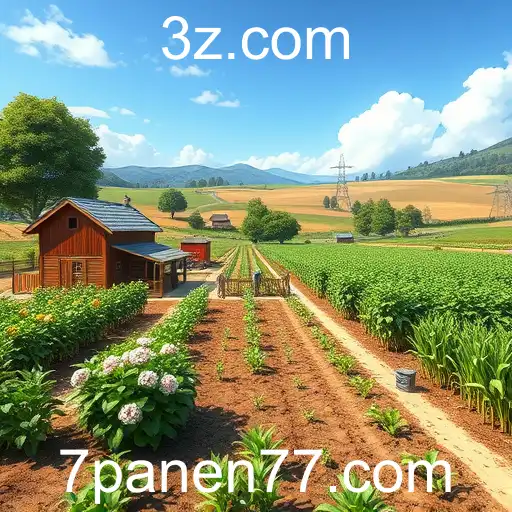
Exploring how the digital economy is transforming traditional agriculture through innovation and sustainability.
In recent years, the integration of the digital economy with traditional sectors such as agriculture has sparked interest and excitement worldwide. This transformation is driven by advancements in technology, which have brought about significant changes in agricultural practices, boosting efficiency and sustainability while heralding a new era of farming.
One of the key innovations in this arena is the utilization of data analytics and IoT (Internet of Things) devices. These tools are enabling farmers to monitor their crops and livestock more accurately and efficiently than ever before. For instance, drones equipped with sensors and cameras can survey large areas of farmland, providing real-time data about soil health, crop maturity, and pest infestations. This information empowers farmers to make informed decisions about resource allocation, thus optimizing yield and minimizing waste.
The digital economy has also facilitated a shift towards more sustainable agricultural practices. With climate change posing a significant threat to food security, there is a growing need for methods that decrease environmental impact while maintaining productivity. Technology plays a crucial role in this endeavor by introducing precision agriculture techniques that reduce water usage and chemical inputs.
Moreover, the advent of online platforms and marketplaces is reshaping the agricultural supply chain. These digital solutions connect farmers directly with consumers, bypassing several intermediaries. This streamlining not only increases the profit margins for farmers but also provides consumers with fresher, more affordable produce.
In addition to economic benefits, the digital transformation of agriculture holds potential for social impact. It opens up new opportunities for rural communities by attracting younger generations to farming, who are enticed by technological involvement. This can curtail urban migration, allowing for balanced development across regions.
Overall, as the digital economy continues to evolve, agriculture stands to benefit significantly from its innovations. However, there are still barriers to overcome, such as ensuring equitable access to technology and addressing data privacy concerns. As we look to the future, it is crucial to foster collaboration among stakeholders to create a resilient, inclusive, and sustainable agricultural ecosystem.




